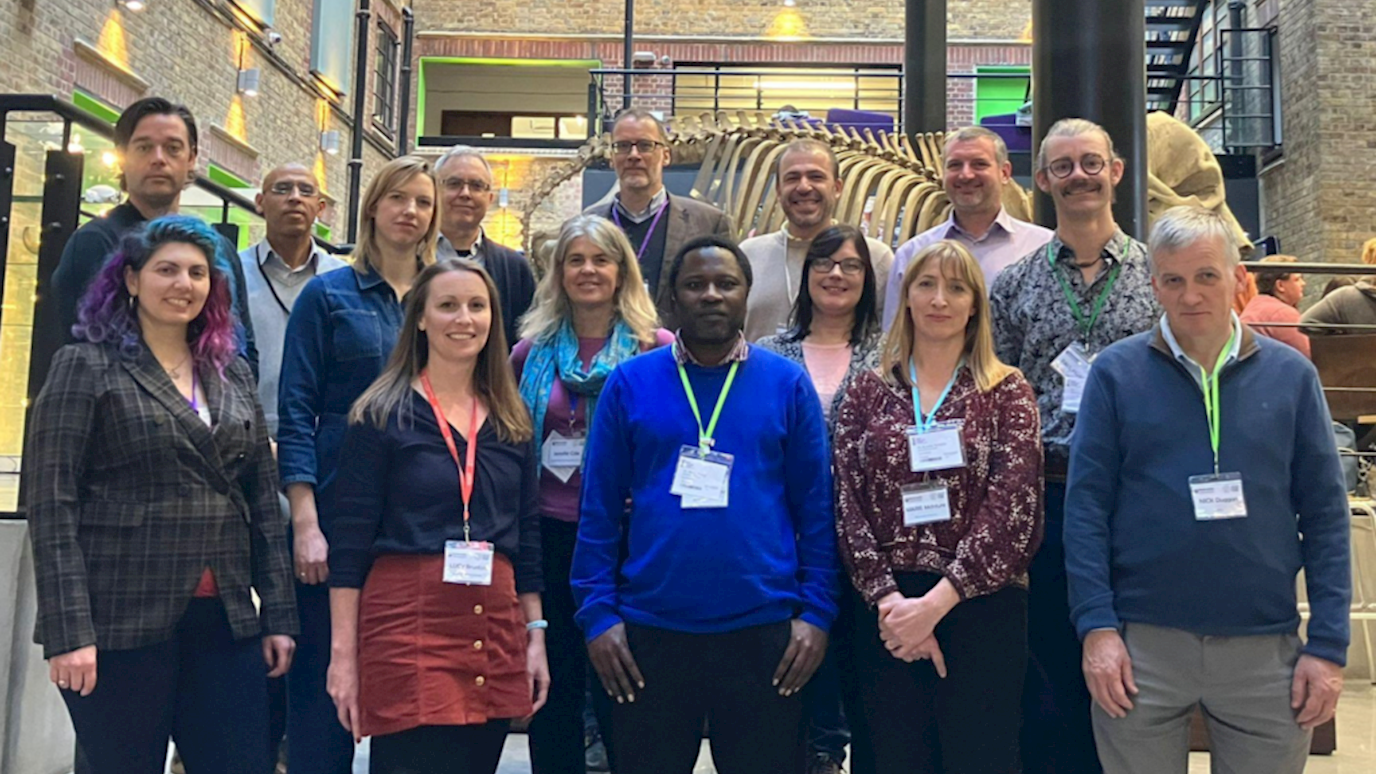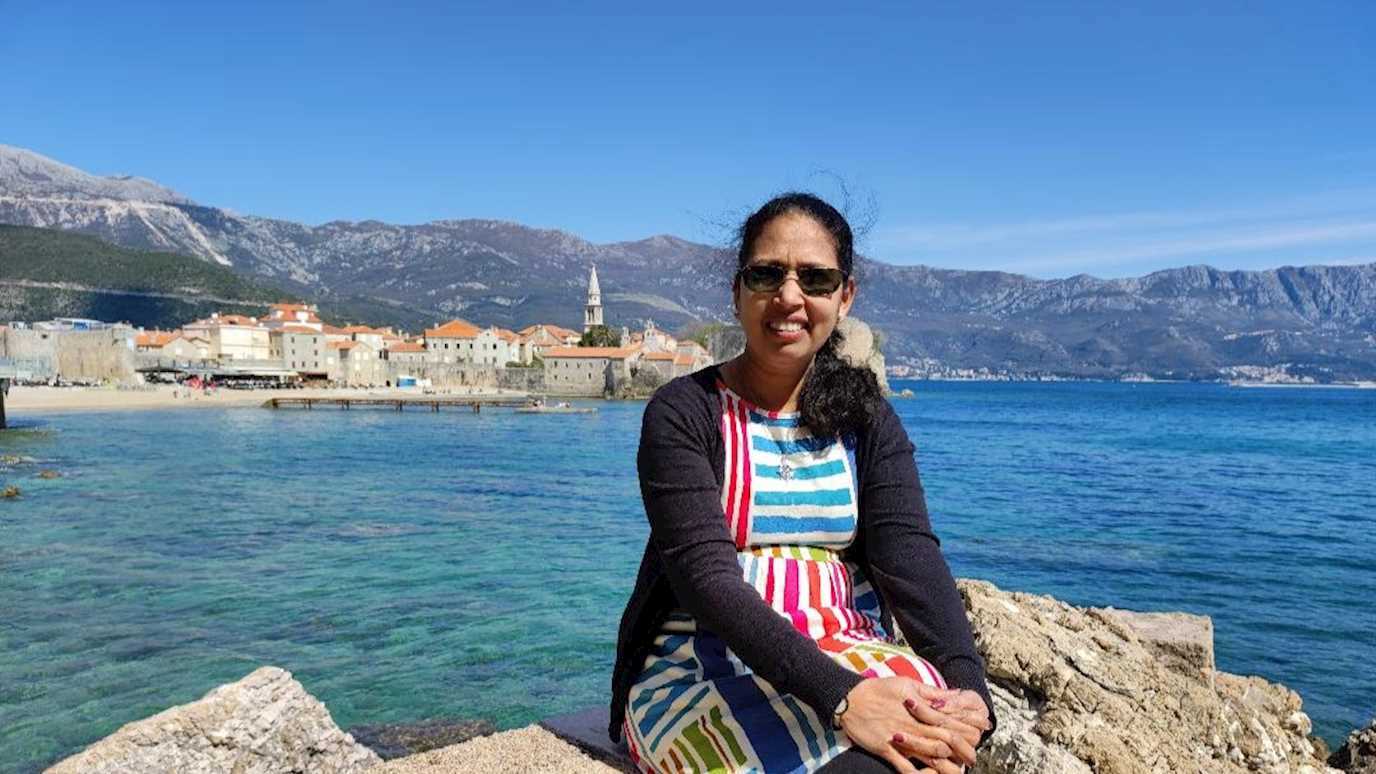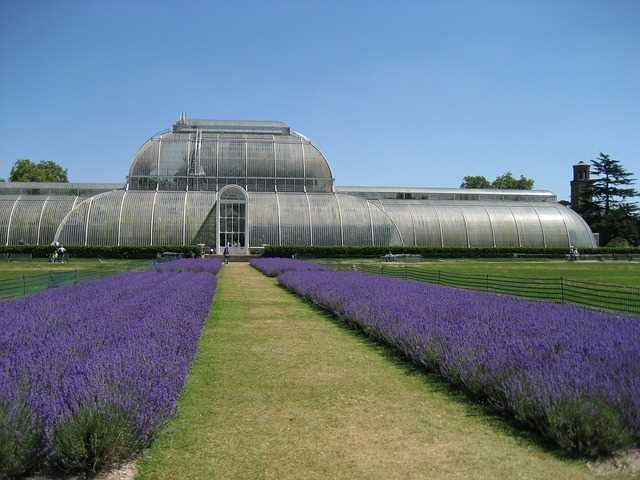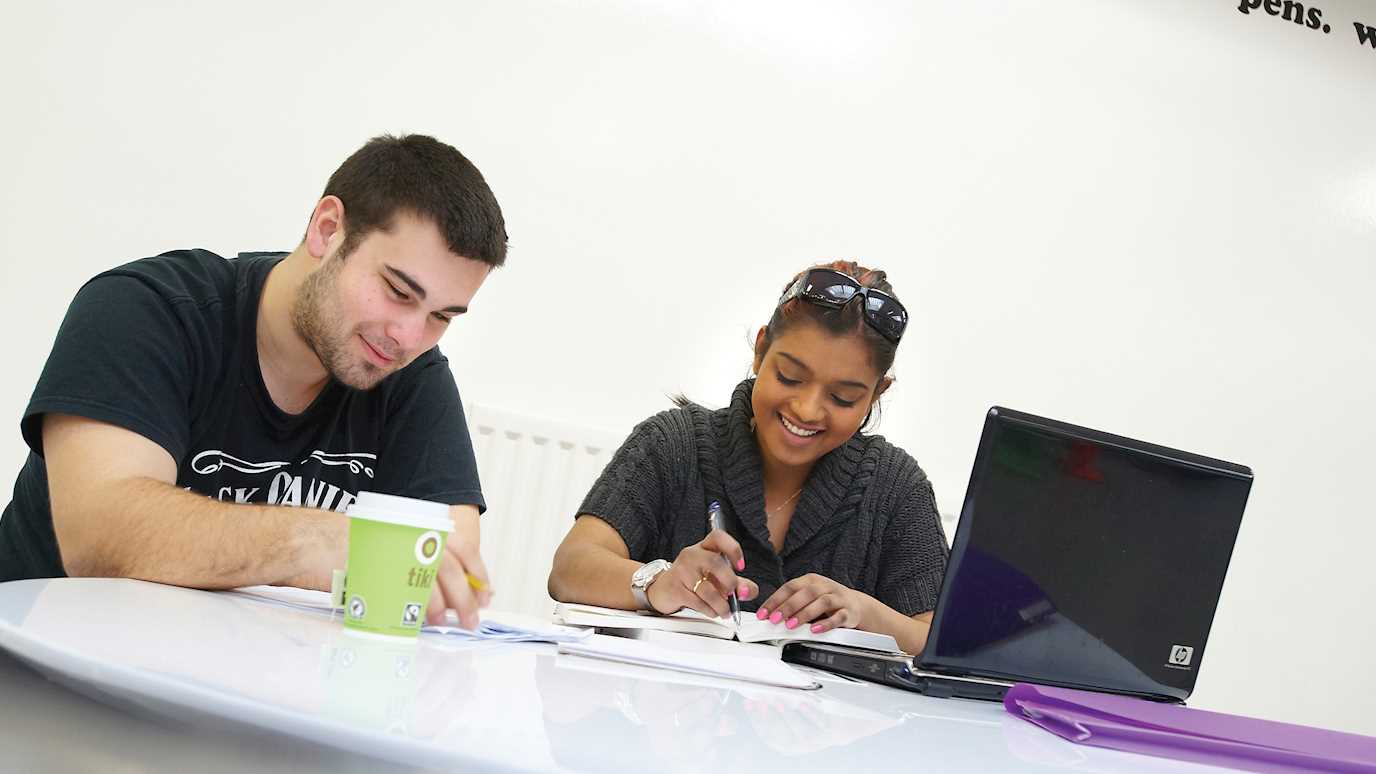Dr Mark Lee, a Senior Lecturer in Health Studies, is fascinated by the opportunities that science and innovation can provide in solving some of the challenges we face as a society.

Dr Mark Lee, Health Studies Department
Can you tell us a bit about yourself and your role in the recently launched Department of Health Studies?
I joined the new Health Studies department as a Senior Lecturer in September 2021. Previously I was a Research Fellow at Kew, which is really useful because a big part of my role at Royal Holloway is leading the new MSc course in Global Health: Food Security, Sustainability and Biodiversity, which we share with Kew. I’m fascinated by the opportunities that science and innovation can provide in solving some of the challenges we face as a society. In the Department of Health Studies, our focus is on improving the health of people and the environment. This is also an important part of my own research.
2. What are your main research interests?
I have two main areas of research at the moment. My latest project looks at how different ecosystems, like woodlands, heathlands and grassland and more managed systems, such as farms, parks and gardens, can do things for us. I research their ability to capture or release greenhouse gases into the atmosphere, store carbon over longer timeframes, prevent flooding, tolerate drought, provide habitat for wildlife and space for people. I’m also looking at how these things interact over space and time, to think of ways to manage ecosystems so that they benefit our health and the environment.
My second area of research is more directly linked to sustainable agriculture and innovation. Our team are trialling robots and drones which can patrol farms autonomously, monitoring the health of the crop and then feeding information back to the farmer, so they know where and when to add fertilisers. I’m also working on sensors which can help fruit growers monitor their crops, using AI to predict when their fruit will be ready to be picked. I have also worked on sustainable farming practices, like silvopasture, which involves planting trees in cattle pasture and tested new animal feeds to reduce emissions of methane.
3. Could you tell us more about the MSc course you’re leading in partnership with Royal Botanic Gardens, Kew, entitled MSc Global Health: Food Security, Sustainability and Biodiversity open for entries in 2022?
I am really excited about this new MSc course, which will see our students spend time with us at Royal Holloway and with our colleagues at Kew. This will give our students a unique opportunity to learn from world-leading experts at both institutions. We will use an interdisciplinary approach to address the most important challenges that we face today. From climate change, pollution and unsustainable farming practices to population growth, health and concerns about inequalities in food security and nutrition. We will consider the role of emerging technology, scientific innovation, investment and government policy in solving these global challenges. The course will be delivered in different ways, with study visits, group projects, quizzes and debates as well as lectures and workshops. We will also spend two weeks at Kew’s wild botanic gardens, Wakehurst in Sussex, learning field skills and seeing some of the research that is being done.
4. What do you enjoy most about working at Royal Holloway?
As a scientist, I have really enjoyed discovering how colleagues and students from English, Music, Drama, Economics and the Humanities engage with the issues around sustainability, nature, and wellbeing. We know that living sustainably is really important for the future of our planet but there is more than one way to address these challenges and make our voices heard. The more I think about it the more convinced I am that we should all be working together. We all want to have a positive impact on the planet, which ultimately will improve our environment and our health.























